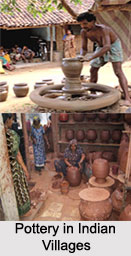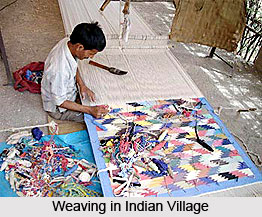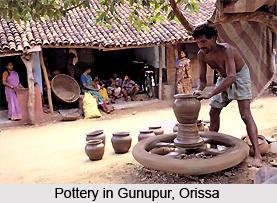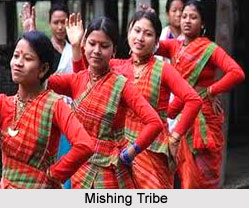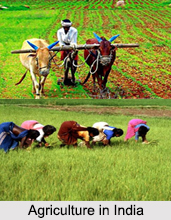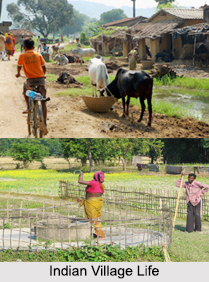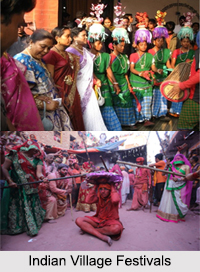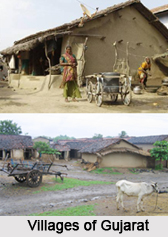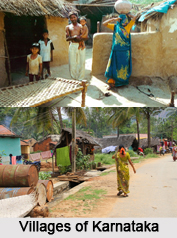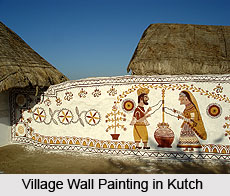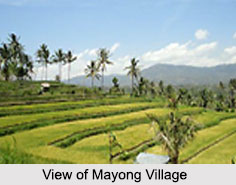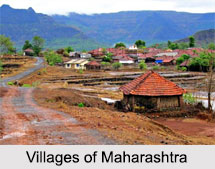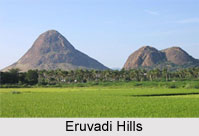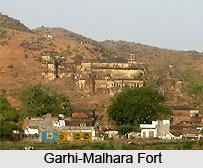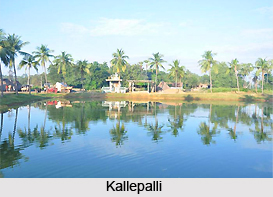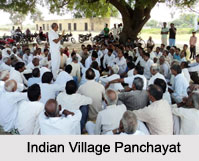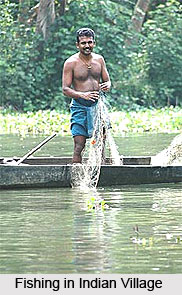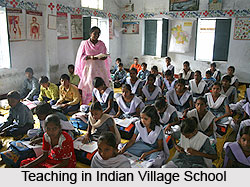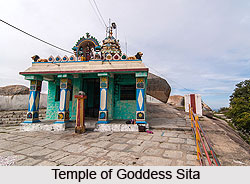 Avani, also called Gaya of the South, is a small village nestled in the Karnataka state of India. It is located in Mulbagal Taluk, Kolar district in Karnataka. The village is about ten miles from Kolar Gold Fields and 32 km from Kolar. Avani was the capital of the Chola rulers. The village of Avani is known for the Sita (Hindu goddess) temple which is nestled on a hill. It is also a popular location for rock climbing and trekking.
Avani, also called Gaya of the South, is a small village nestled in the Karnataka state of India. It is located in Mulbagal Taluk, Kolar district in Karnataka. The village is about ten miles from Kolar Gold Fields and 32 km from Kolar. Avani was the capital of the Chola rulers. The village of Avani is known for the Sita (Hindu goddess) temple which is nestled on a hill. It is also a popular location for rock climbing and trekking.
Etymology of Avani
The word `Avani` is originated from Sanskrit and it means "earth". Sita was also called Avanisuta which means `Daughter of Earth`. Legend has it that she was found while ploughing the earth.
Attractions of Avani
Avani is renowned for housing varied ancient temples. Among all, the temple of Sita is mostly popular which is built on a hill. This temple is one of the few temples made in the honour of Sitadevi in India. The hill also shelters the temple of Hari Shresta Adi Jambava, who gave Shyamanthak jewel to Lord Krishna.
It is also home to other ancient temples dating back to the period of the Nolamba Dynasty including Ramalingeshwara, Lakshmaneshwara, Bharateshwara and Shatrugneshwara. Owing to the presence of numerous temples, it is also known as the Gaya of the south.
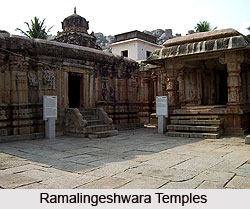 Legend of Avani
Legend of Avani
The village of Avani received a prominent place mainly due to the legends associated with it. According to mythology, goddess Sita gave birth to her twin children Lava-Kusha here. It is also said that the war between Lord Rama and his sons Lava and Kusha took place in this village. Tourists can get the chance to view the room where Lava and Kusha were born.
Another legend has it that when Sri Narasimha Bharati IV of the Sringeri Sharada Peetham was on his sancharas`, he camped here for a few days. During his stay in Avani, he discovered an idol of Goddess Shrada. The idol was in standing posture flanked by Srimajjagadguru Shankaracharya and the Sri Chakra. He sanctified this idol here and established a new Matha. One of his shisyas was also installed as the head of the new Matha. Presently, this matha is known as Avani Sringeri Jagadguru Shankaracharya Sharada Peetham.
There is one more legend which says that sage Valmiki, the author of the epic Ramayana, was residing here during the period of Ramayana.

